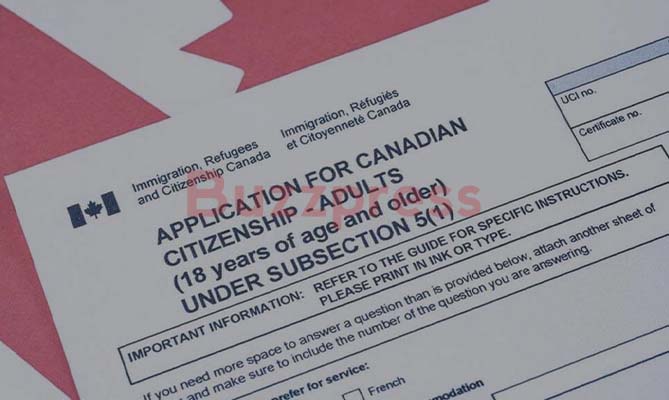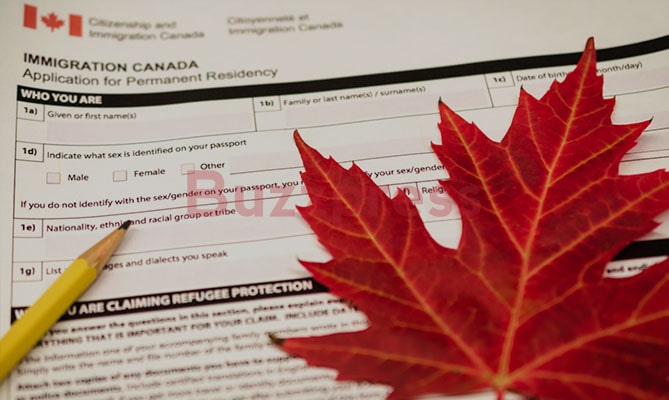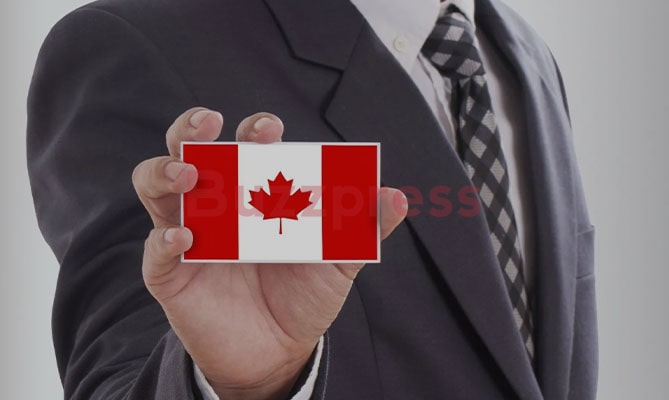6 Tips for Canada Immigration Points

Have you built an Express Entry profile but are you unhappy with the score of your Comprehensive Ranking system? Maybe you still have to start your application for Canadian citizenship, because you feel you don’t have enough points? Allow no worries! In this article, we show six tips for enhancing your immigration points across Canada wherever you are. Following those 6 tips, your Canada immigration points would definitely increase. Recall the higher your Comprehensive Ranking System score. The greater your chances are because Canadian immigration is a program based on merits. This is the law for those seeking to immigrate to Canada, whether or not you are residents of the United Arab Emirates.
1) Secure a PN
You may know by now that getting a PN will net you all 600 Comprehensive Ranking System points. If you are able to win a provincial nomination, you will almost certainly be picked in the next Express Entry draw. Seeing as the average minimum cut-off point is about 450. Sadly, this is not the easiest job.
2) Redo Your International English Language Testing System
You will receive a maximum of 160 points if you score top-marks with your International English Language Testing Program! And we suggest that you continue to strive to develop your English skills as you wait in the Express Entry queue. This check may be the factor deciding your immigration. Note also that Canada is a bilingual province, which means you can get even more Canada immigration points for your French skills as shown by your TEF tests.
🇨🇦 🇨🇦الهجرة إلى كندا 2022 مرحبا بكم في كندا
في كل عام ، يأتي أكثر من 50000 أجنبي للعمل في كندا ✅
تقدم للهجرة إلى كندا من خلال ملء استمارة التسجيل عبر الموقع الرسمي ✅
تمنح الشركة تأشيرة + تذاكر للسفر إلى المؤهلين (تأكد من التحقق مما إذا كنت مؤهلاً) ✅
الهجرة إلى كندا 2022 ✅

3) Continue Tertiary Education
Canada really values education and they want to reward those who have worked hard for this purpose. You can earn up to 120 Comprehensive Ranking System points. If you have a degree that required three years of study. However, you can earn eight points by completing another one-year program. Another top tip is to take a study visa to continue your tertiary education in Canada. You will not only win points for your skills, but you will also be able to obtain valuable Canadian work experience that may potentially help you land a job offer.
4) Get a Job Offer
A work offer from a Canadian employer will make a significant difference when applying for immigration. If you have one, you can score as many as 200 Comprehensive System Rating Points based on the type of job it is. Canada has many services, including the Canadian Work Bank, accessible to you. To get in touch with hundreds of Canadian employers searching for professional employees like you.
5) Canada Immigration Points from Your Siblings
Possibly this is the most important tip on our list and yet not many people know that! You will receive an additional 15 Comprehensive Rating System score points. If you have a brother or sister who is a Canadian citizen, or if they are living in the country as a permanent resident.
6) Learn How Spousal Points Work
You will earn extra CRS points. If you choose to immigrate with your spouse or common-law partner, but this is not as easy as that. In reality, if they don’t have a high Comprehensive Ranking System human capital score. Mentioning him or her in your application may also have a negative effect on your points. That is that if you have them as a second candidate. Canada will reserve a few of the potential Comprehensive Ranking System points that you will give to your partner. If he or she does not have strong human capital, then those points will still be reserved for them, but they will earn fewer, eventually taking down the overall score for the Comprehensive Ranking System.
Read also:
- Top 8 Easiest & Fastest Ways to Immigrate To Canada 2020
- Cost of Living in Canada
- How to become a permanent resident in Canada




